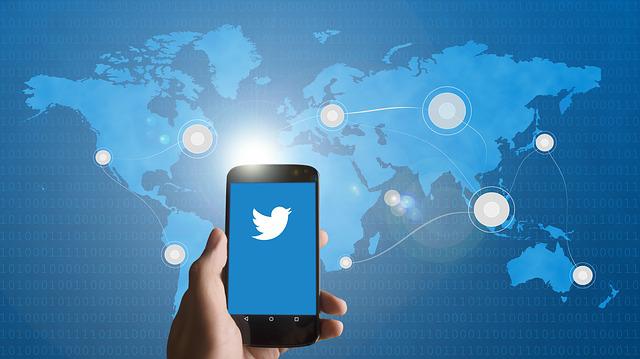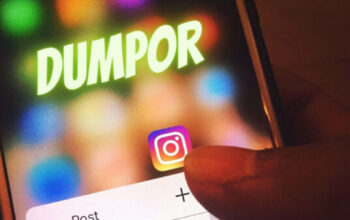
Up until recently, ‘encryption’ may have been a word used only in spy movies. You’ve seen it before – bad guy wants to communicate something to another bad guy and the spy team is struggling to break through the encryption and figure out where he is. Apparently the signals from the device are being randomly rerouted all over the world making it hard to pinpoint the exact location of the baddie.
It’s tempting to believe all this exists only in the movies, but the tech used in such scenarios is very much real, and used for a variety of things that do not involve world domination. They’ve been given a very real-sounding and somewhat bland name – Virtual Private Networks and you may need them more than you know.
What is a VPN?
A VPN is best understood as a network of computers that mask your identity online. When you do anything online, there is a simple message sent by your computer to your router, through the internet cables and up to a server where you can retrieve or upload the information you need. What a VPN does is make all this activity private and impenetrable by sending your data through a private tunnel.
Information about what you are sending, to whom, from where, to where, and when can all be hidden away through this tunnel.
It’s a technology that’s been around since the dawn of the internet and has mostly been used by governments, scientists and the military. You can visit http://securethoughts.com/ to learn more about internet security and how VPNs work.
Why use one?
Times have changed and protecting your privacy is becoming more of a personal responsibility. People use VPNs for a number of reasons, but the most common is security and freedom.
The internet is not created equally everywhere on the planet. It was meant to be, but it simply isn’t. Governments are cracking down on people’s freedoms online and snooping on them everywhere they go in cyberspace. The United Kingdom firewalls porn, China restricts access to Facebook and North Korea takes the cake by blocking everything.
If you run a business or have sensitive information like credit card details to send online, there’s a good chance it may be intercepted by hackers on an unencrypted network.
Add to this the risks involved in not securing your data, and all this makes for some very convincing reasons why everyone should use a VPN on their computer, tablet and smartphone.
Why use one on your smartphone?
The short answer is – because your phone goes places. Your smartphone is like a mini computer. The only difference is this device comes into contact with many more networks and goes to a lot more locations than your computer, laptop or tablet combined.
Because the devices are so small, we tend to take them everywhere and end up buying a pair of shoes on Amazon on a public Wi-Fi network in a coffee shop on a busy street. Statistically, the chances of your phone being attacked are much higher and this makes using a VPN all the more important.
Some of the best VPNs for smartphones can ensure your data remains private. You never need to worry about catching malware on your device or losing business files or even having credit card numbers stolen.
VPNs also allow you to torrent movies, play games (even foreign ones), and interact with websites that your government may have otherwise restricted.
The software is also extremely useful if you want to watch catch-up TV while you are away from home. With a VPN installed, you can easily watch BBC iPlayer or Netflix while vacationing in India.
There could be a lot of other reasons why you may want to use a VPN, but the security and flexibility it offers on smartphones is reason enough to install one right away.


